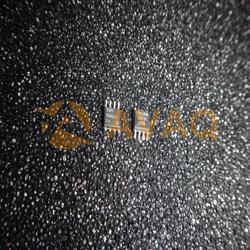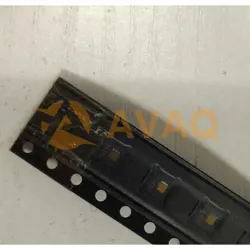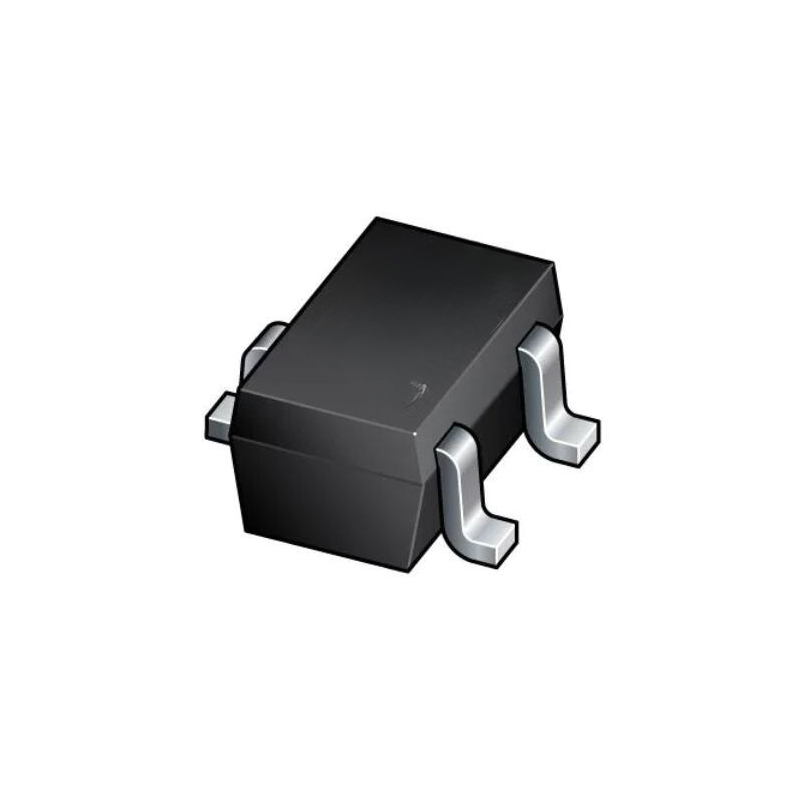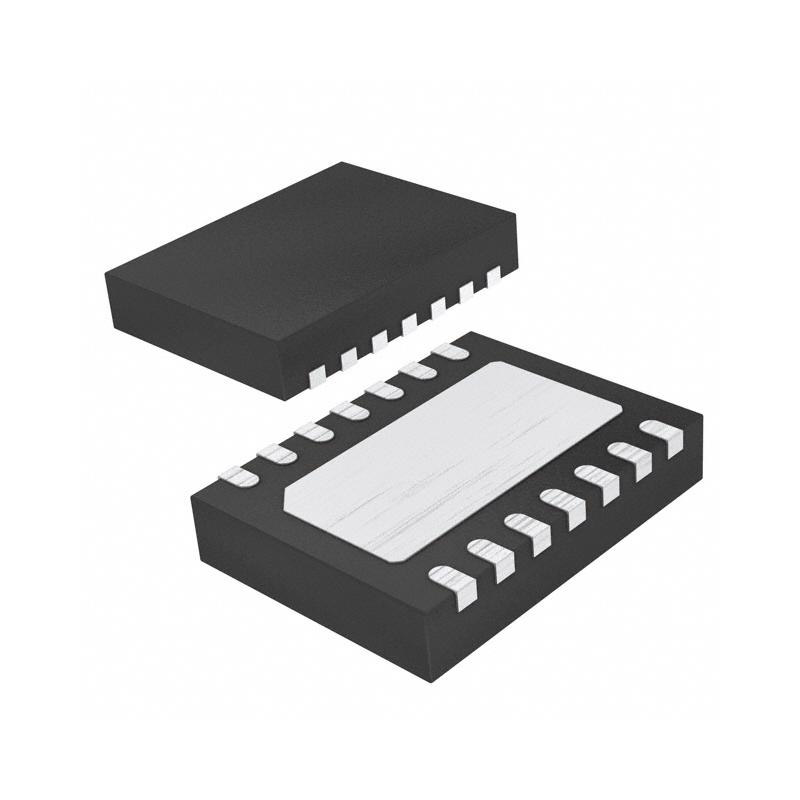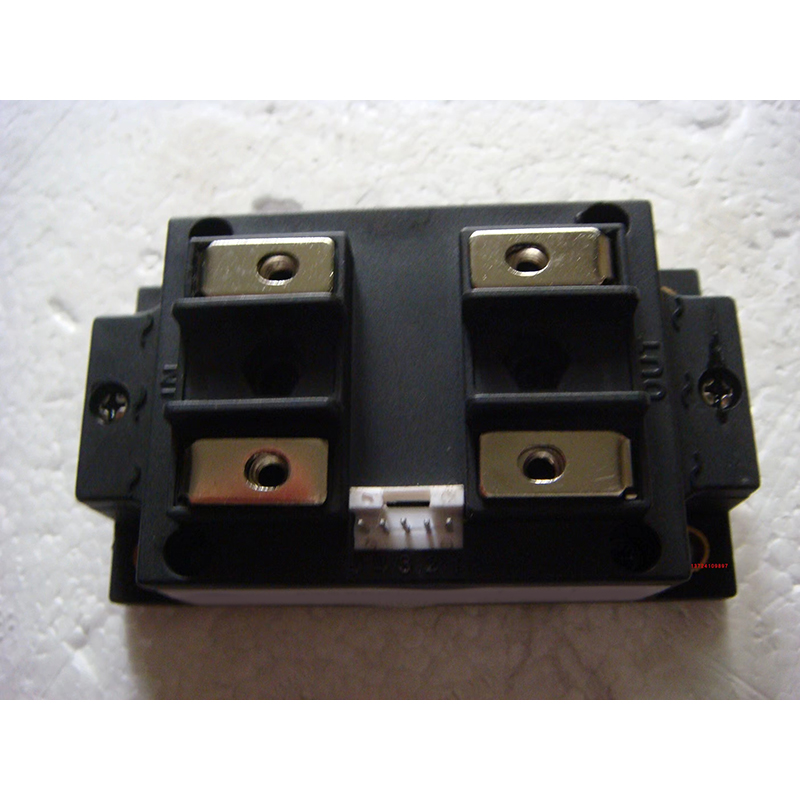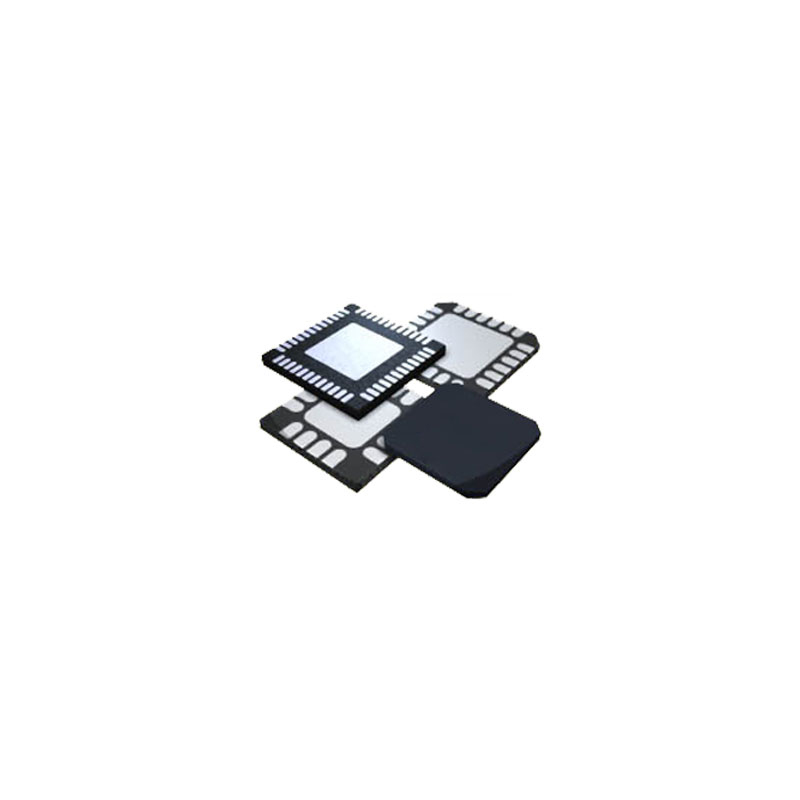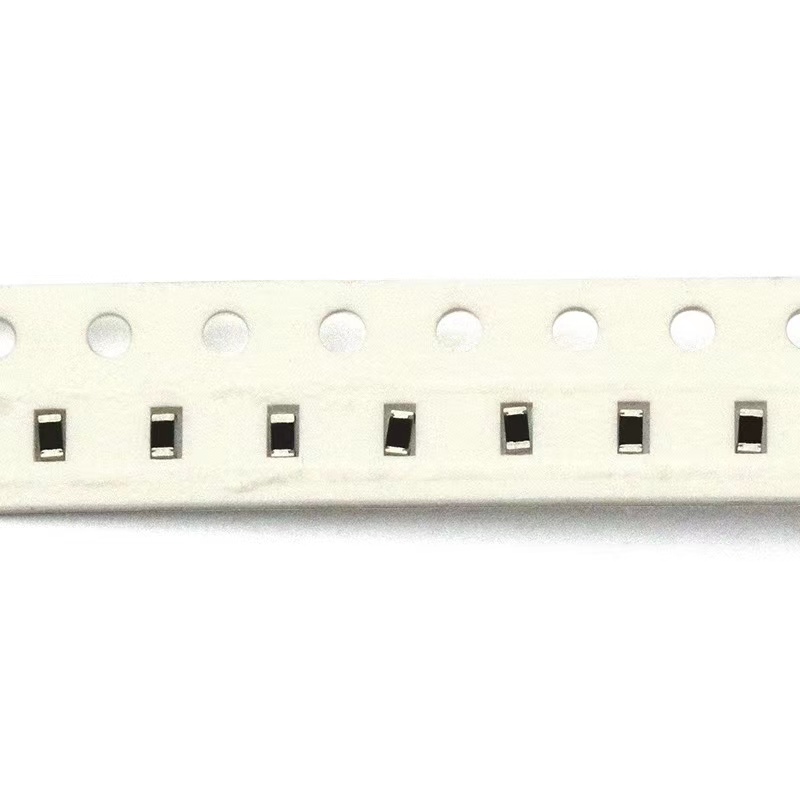Ultimate Guide: Knock Sensor Replacement & Service 2023
 Published: May 26, 2023
Published: May 26, 2023
Contents
A knock sensor replacement is an essential task in maintaining the performance and reliability of your vehicle's engine. The knock sensor plays a critical role in detecting abnormal combustion or engine knocking, which can lead to serious damage if not addressed. Over time, knock sensors can become faulty and require replacement.
In this article, we will discuss the importance of the knock sensor, common signs of a failing sensor, and the process of replacing it to ensure optimal engine operation.
What is a Knock Sensor
A knock sensor is a device used to detect a knock (also known as engine knock or pop) in an engine. A knock is an abnormally high pressure wave generated by the uncontrolled self-ignition of a combustion mixture in a gasoline engine. This abnormal combustion can lead to engine damage or performance degradation.
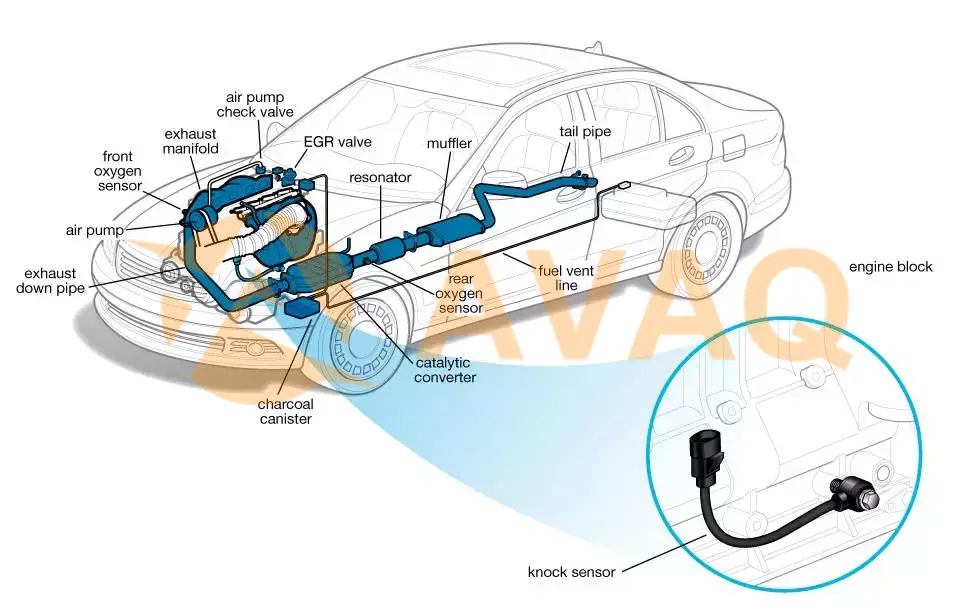
A detonation sensor is usually mounted on the engine block to monitor detonation activity in the combustion chamber. It senses the vibrations and sounds caused by the detonation and converts these signals into electrical signals.
When the detonation sensor detects a detonation, the ECU takes appropriate control strategies, such as adjusting ignition timing, fuel injection or cylinder pressure, to prevent the detonation from occurring. This helps to protect the engine and improve combustion efficiency.
The detonation sensor plays an important role in the engine management system of modern vehicles by monitoring the engine's operating status in real time and making adjustments to engine performance to ensure safe, efficient and reliable operation.
Two types of knock sensors:
Pressure detonation sensor: This type of sensor detects detonation by monitoring the pressure changes in the combustion chamber. It is usually mounted on the engine block and can sense the pressure fluctuations caused by a detonation.
Acceleration-type detonation sensor: This sensor detects engine vibration and shock to determine whether a detonation has occurred. It is usually installed on the engine block or other relevant parts, and can sense the vibration signal caused by the shock.
5 Symptoms of a Bad Knock Sensor
When the detonation sensor is faulty or damaged, situations may arise where
- 💢The vehicle's ignition time is not automatically delayed, thus not preventing the engine from detonating;
- 💢The inability to detect that the engine is going to detonate, detonation will make the cylinder and piston wear becomes abnormally severe, seriously affecting the vehicle's driving;
- 💢Engine dynamics will become significantly weaker, the vehicle will be clearly felt when driving on uphill sections;
- 💢Engine in operation, you can hear the sound of knocking cylinders, knocking cylinders is the combustible mixture in the absence of ignition on their own combustion caused by combustion when the flame propagation speed will become faster, thus issuing the sound of knocking cylinders.
In this regard, we summarize the symptoms of damage to the 5-point detonation sensor:
#1. Engine power drop: The main function of the detonation sensor is to detect detonation and send the signal to the engine control unit (ECU) to make the appropriate adjustments. If the sensor is damaged, the ECU may not be able to accurately detect the blast and take the appropriate control strategy. This may result in reduced engine power, poor acceleration or loss of power response.
#2. Abnormal fuel consumption: A faulty detonation sensor may cause the ECU to incorrectly adjust ignition timing or fuel injection. This can result in incomplete or improper combustion, which can increase fuel consumption. If you notice a significant drop in your vehicle's fuel economy, it may be a sign of a problem with the detonation sensor.
#3. Engine shudder or vibration: A faulty detonation sensor may cause the ECU to fail to properly control the ignition timing. This may result in engine shudder or vibration, especially when accelerating or under increased load.
#4. Check Engine Light comes on: When there is a problem with the blast sensor, the ECU will usually detect an abnormal signal and trigger the Check Engine Light to come on. This is an indication from the vehicle's self-diagnostic system that troubleshooting and repair is required.
#5. Unusual Engine Sounds: A faulty blast sensor may result in inaccurate ignition timing or abnormal combustion, which may cause the engine to run with abnormal sounds such as knocking, banging or vibrating sounds.
Can I Replace a Knock Sensor at Home
Replacing a damaged blast sensor is a task that requires some mechanical skill and experience. If you have previous experience working on cars and have the necessary tools, you may be able to replace the blast sensor yourself at home.
Many car owners replace their own blast sensors at home for the following reasons:
- 1. It saves money.
- 2. Have some knowledge and experience in automotive repair and an understanding of how the vehicle works and the corresponding repair tasks.
- 3. Have the tools to replace the sensor at home
- 4. Have a service manual for the vehicle. The repair process may vary for each vehicle, refer to the vehicle's service manual or professional resources to ensure understanding of the replacement procedures and considerations that apply to your specific vehicle.
How to Replace a Knock Sensor (step-by-step)
Step 1. Confirm the required tools
Replacing the blast sensor requires some basic tools, including wrenches, screwdrivers, wire pliers, wire connectors, etc. The specific tools needed depend on the model and location of the blast sensor, so make sure all the tools needed are ready before replacing the sensor.
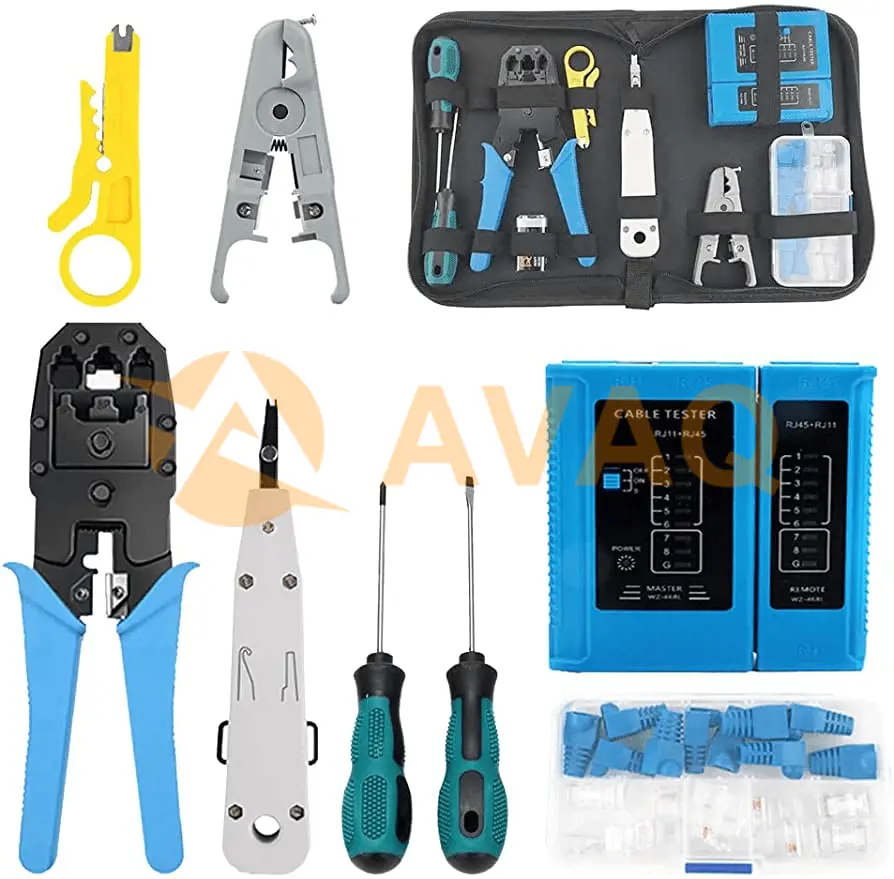
Step 2. Disconnect the power
Before replacing the detonation sensor, you need to disconnect the power supply, the specific method of operation may vary depending on the model, in general, you can disconnect the power supply by removing the negative terminal of the battery, or unplug the sensor. It should be noted that if the sensor still has current through, then there may be a threat to personal safety.
Step 3. Determine the location of the knock sensor
The detonation sensor is usually located on the engine block, you can find its location through the car repair manual or car forums on the Internet, some sensors are located on the front of the engine, while some are located on the side of the engine. Generally speaking, the location of the sensor is relatively easy to find, but it should be noted that the interface between the sensor and other components may require the removal of some parts to reach.
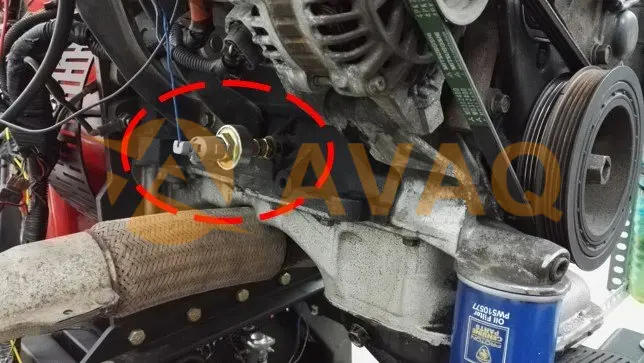
Step 4. Take pictures
If you are replacing it for the first time, it is best to take a picture of the location of the blast sensor before replacing it with your cell phone, which can help you compare whether it is installed correctly after replacing it.
Step 5. Remove the original sensor
After determining the location of the sensor, you can use a wrench or screwdriver to remove the sensor, if the sensor is connected to other parts tighter, you may need to remove other parts before you can reach the sensor. When disassembling the sensor, care needs to be taken not to damage the sensor or other components to avoid unnecessary losses
Step 6. Install a new sensor
After removing the original sensor, you can start to install the new sensor, first need to confirm that the new sensor matches the original sensor, and then you can install the sensor by inserting the sensor into the sensor holder. When installing the sensor, care needs to be taken not to bend or break the wires on the sensor to avoid damage to the device.
Further reading: How to Bypass Battery Current Sensor>>
Knock Sensor Replacement Cost
The cost of replacing a knock sensor can vary depending on several factors, including the make and model of the vehicle, labor costs in your area, and whether you choose to replace the sensor at a dealership or an independent repair shop.
On average, the cost of a knock sensor replacement can range from $150 to $400. However, this is just an estimate, and the actual cost may be higher or lower depending on the factors mentioned above.
Conclusion
In conclusion, a timely knock sensor replacement is crucial for preserving the health of your vehicle's engine. By detecting and preventing abnormal combustion, the knock sensor plays a vital role in maintaining engine performance and preventing damage.
If you notice symptoms such as engine knocking, reduced power, or illuminated warning lights, it's important to have your knock sensor checked and replaced if necessary. Consulting a professional mechanic or referring to your vehicle's manual can provide guidance on the replacement process. Remember, a functioning knock sensor contributes to better engine performance, fuel efficiency, and overall reliability, ensuring a smooth and trouble-free driving experience.
 FAQ
FAQ
- Are knock sensors specific to a particular vehicle?
- Yes, knock sensors are specific to each vehicle make and model. They are designed to fit and function correctly within the engine system of a particular vehicle. It's important to ensure that the replacement knock sensor is compatible with your vehicle's specifications to ensure proper operation.
- How can I prevent knock sensor failure?
- While knock sensor failure can occur over time due to normal wear and tear, there are a few measures you can take to help prevent it. Regular maintenance, including using high-quality fuel, maintaining proper ignition timing, and keeping the engine well-tuned, can help minimize the risk of knock sensor failure. Additionally, avoiding harsh driving conditions and practices can also contribute to the sensor's longevity.
- When should a knock sensor be replaced?
- A knock sensor may need to be replaced if it becomes faulty or fails. Signs of a failing knock sensor include engine misfires, reduced power or performance, poor fuel efficiency, or an illuminated check engine light (CEL) with knock sensor-related error codes.
- Why is the knock sensor important?
- The knock sensor plays a crucial role in engine management. It detects engine knocking, which can occur when the air-fuel mixture ignites prematurely or under high pressure. The sensor sends signals to the engine control unit (ECU), which adjusts the ignition timing to prevent engine damage and improve performance.
 Popular Industry Focus
Popular Industry Focus
Hot Products
-
![PIC18F4550-I/P]()
PIC18F4550-I/P
MICROCHIP
Embrace innovation with the enhanced features of PIC18f45k50 over PIC18F4550-I/P
-
![AT25DF161-SSH-B]()
AT25DF161-SSH-B
MICROCHIP
FLASH Memory IC 16Mbit SPI 100 MHz 8-SOIC
-
![2N5685]()
2N5685
Microchip
Bipolar Junction Transistor NPN TO-3VAR
-
![DSPIC30F6010-20I/PF]()
DSPIC30F6010-20I/PF
MICROCHIP
MCU 16-bit dsPIC30 dsPIC RISC 144KB Flash 3.3V/5V 80-Pin TQFP Tray
-
![ATTINY1617-MNR]()
ATTINY1617-MNR
MICROCHIP
8-bit Microcontrollers - MCU 20MHZ QFN 85C GRN
-
![2N2905]()
2N2905
MICROCHIP
Bipolar (BJT) Transistor PNP 40 V 600 mA 200MHz 600 mW Through Hole TO-39
Related Parts
-
![HDC1080DMBT]()
HDC1080DMBT
TEXAS INSTRUMENTS INC
Humidity, Temperature 0 ~ 100% RH I2C ±2% RH 15 s Surface Mount
-
![FXAS21002CQ]()
FXAS21002CQ
nxp
3axis MEMS Gyroscope
-
![FXTH871511DT1]()
FXTH871511DT1
NXP USA Inc.
TPMS 7X7 1500kPa XZ Axis, HQFN24
-
![KXR94-2283]()
KXR94-2283
Kionix
Accelerometers suggested as replacement for 912-KXR94-2283-PR
-
![ADIS16350AMLZ]()
ADIS16350AMLZ
Analog Devices Inc.
Accelerometer, Gyroscope, 6 Axis Sensor SPI Output
-
![IDG-650]()
IDG-650
TDK InvenSense
Gyroscope X (Pitch), Y (Roll) ±440, 2000 1Hz ~ 1kHz Analog Voltage 28-QFN (4x5)
-
![MPS-128TSTP0]()
MPS-128TSTP0
SICK, Inc.
Magnetoresistive Sensor Linear Position T-Slot Cable with Connector
-
![IML-0685]()
IML-0685
Murata
Sensor Hardware & Accessories Fresnel Lens For IRA-S Series Pyroelectric Infrared Sensors
-
![FC2231-0000-0010-L]()
FC2231-0000-0010-L
TE Connectivity
Compression Load Cell Module 10lbf Force 5V
-
![E39-L98]()
E39-L98
Omron
Sensor Hardware & Accessories PROTECT E3S-A/B VERT E3V3
-
![A1334LLETR-DD-T]()
A1334LLETR-DD-T
Allegro MicroSystems
Hall Effect Sensor Angle External Magnet, Not Included Gull Wing
-
![HP-L-0200-103-3%-ST]()
HP-L-0200-103-3%-ST
Spectra Symbol
Resistive Sensor Linear Position Flexible Membrane - Linear Solder Tab
-
![AMS22U5A1BLARL110]()
AMS22U5A1BLARL110
Bourns Inc.
Hall Effect Sensor Rotary Position Round Shaft Solder Lug
-
![AMS22B5A1BLASL335N]()
AMS22B5A1BLASL335N
Bourns Inc.
Hall Effect Sensor Rotary Position Slotted Shaft Solder Lug
-
![AMS22U5A1BHARL115]()
AMS22U5A1BHARL115
Bourns Inc.
Hall Effect Sensor Rotary Position Round Shaft Solder Lug

 Update Time: May 29, 2023 Consumer Electronics
Update Time: May 29, 2023 Consumer Electronics
![[2023] What are Symptoms of a Bad Battery Current Sensor](/files/uploads/technology/b/20230519164016gm-battery-current-sensor.webp)
![[Solved] How to Bypass Battery Current Sensor 2023](/files/uploads/technology/b/20230517162418battery-current-sensor.webp)

